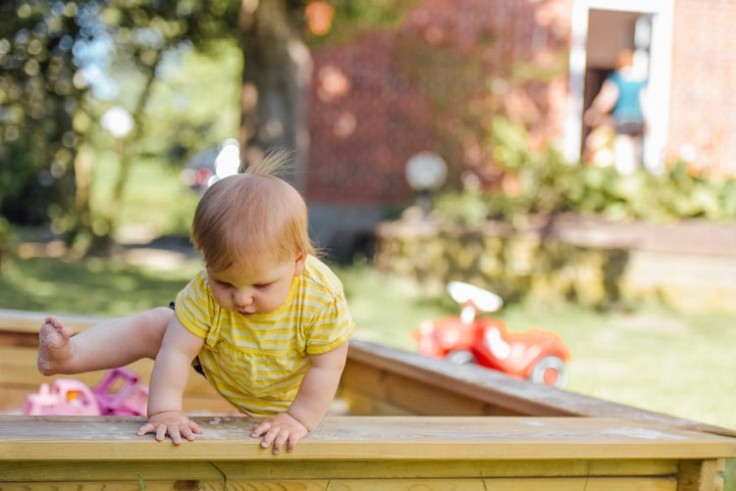
A toddler saying no is learning about boundaries and acquiring the skill of assertiveness, experts say. It is ironic that when toddlers say no, grown-ups get annoyed, yet adults need to be reminded to learn to say no. During the development stage, when toddlers learn to say no, this should be used as a teaching moment for setting boundaries.
Toddlers Who Say "No" Learn About Power
It is not that your toddler is willingly defiant, but that he learns that in a place where little ones are powerless, saying "no" can be so powerful. When they say no, they gain self-confidence, and they can use this power to their advantage when they see it brings desirable results.
At this stage, toddlers also discover their individuality, that they are not just extensions of their parents. Rather, they are their own person. At this point, parents should begin to see that their toddlers can have different perspectives, thoughts, and opinions, family psychologist Kathryn Smerling reminded. When they see themselves as independent from other family members, they can grow up into fully functional adults.
Toddlers Say "No" to Test Their Parents' Boundaries
When a parent says no, does it really mean no, or does a toddler have the power to revert the rule to something more exciting? Toddlers say no not merely to assert their power and independence but also to test the limitations of such power and independence.
Children learn to set limits for themselves from their parents who set limits on their behavior. This makes it vital for mom to be consistent during this learning experience, Moms revealed. Toddlers need to see parents use "no" effectively and saying yes with limitations.
Why is it Important to Learn to Say "No"?
Cindy Huang, Assistant Professor of Counseling Psychology at Teachers College, Columbia University, discussed that rules concerning toddler behavior are necessary for toddlers to understand so they can navigate the world around them. As such, toddlers learn from the way parents respond and limit their behaviors, Today's Parent revealed.
Consistency in rules will eventually guide the young ones to discern what they will and will not allow. They know they can say no to physical touch they do not want. Parents will want their toddlers to say no when someone wants them to do something they do not want to do because it will put them in danger, for example, and this is a limitation they learn first from their parents. Toddlers should know that "no" should be listened to and respected-both when parents and when toddlers say no.
When Should Toddlers Not Say "No"?
While experts want parents to understand that "toddlers saying no" is an important part of development, by no means do they want parents to raise entitled children.
Logic takes more time to develop, so not all of their "No's" will be logical. Instead of arguing over what is the logical thing to do, parents should avoid arguing with their toddlers. There are several responses to a toddler saying no. First, it is to give the toddler a sense of control by offering either choice, both of which the parent is comfortable saying yes to.
Another tip would be to distract the child, so they do not feel tempted to say no. The same strategy works with adults when trying to cut back on junk food and sugary treats.